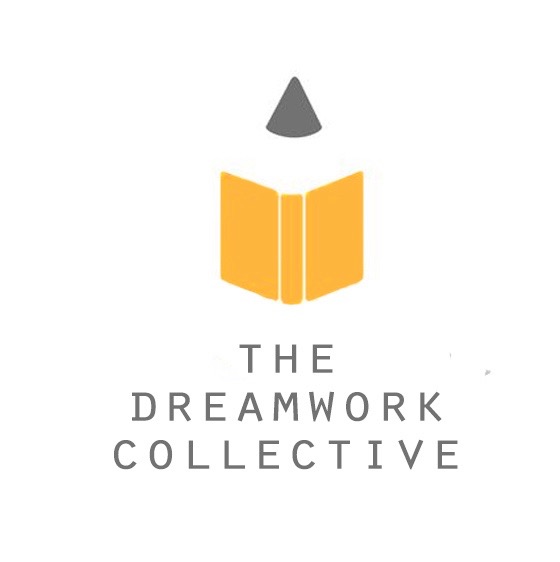Seeing Ourselves in the World Around Us
Thanks to the BLM movement, the topic of diversity has never been so prominent. It’s time to listen, learn, and most importantly, amplify the voices of the marginalized.
As a Muslim Emirati woman who wears a headscarf, I recognize the importance of diverse representation in storytelling. At school, I was taught to value the likes of Shakespeare and other dead white poets and writers. Rarely did I see people who looked like me in the stories that I read on a regular basis.
Imagine my experience when, at university, I took a literature class highlighting books by women of colour. There I discovered Leila Aboulela, a Sudanese novelist who writes from the perspective of Muslim women. While I had previously read books with Muslim characters, more often than not, the stories were narrated by non-Muslim women, claiming to ‘give voice to women in the Middle East’. Reading Aboulela was such a refreshing change. It felt validating to see complex Muslim characters in fiction. This sparked my transition to reading literature by women of colour, Arab women, and Muslim women.
One of my now favourite novels, Americanah, was written by Chimamanda Adichie. The story involves a Nigerian woman who moves to America. It is a profound and eye-opening experience about the prejudice a woman of colour wrestles with in a modern world. I’m happy to have a signed copy of the book; I attended a talk by Chimamanda back in 2015. Audience members stood up and confessed that the story made them re-evaluate their hiring processes. I can only imagine the kind of awakening the novel provokes for its new readers time after time. Such is the power of storytelling.
Words have always been a catalyst for change.
Scientific research indicates that stories create empathy. It not only gives us a sense of belonging to see people who look like us in stories, it also compels us to confront and challenge our own biases about marginalized and underrepresented groups. Hence we need truth and diversity in representation more than ever. Inclusion in storytelling has the power to not only transform how we feel about ourselves but shift the way we think about the world.
There is a wealth of authors and scholars who have conducted tremendous work in regards to representation in stories. Being exposed to them has certainly expanded my own perspective. If you’re looking to learn more about the topic and why it matters, I’ve listed some helpful resources that delve deeper into the issue and/or highlight books and authors that represent diverse voices.
Mirrors, Windows, and Sliding Glass Doors by Dr. Rudine Sims Bishop
Last but not least, in the spirit of Emirati Women’s Day, here are just a few of the many talents and authors who happen to be Emirati women — 12 Emirati Female Authors You Need To Know
— Written by Bashayer Arif: She is an Emirati woman born and raised in Dubai. She has a degree in English Language & Literature and has worked as a freelance copywriter, proofreader and editor. Bashayer has been an avid reader since the age of six. She believes in the profound power of storytelling and credits her passion for books for shaping who she is today. Her other interests include anthropology, true crime, fitness, and psychology.

